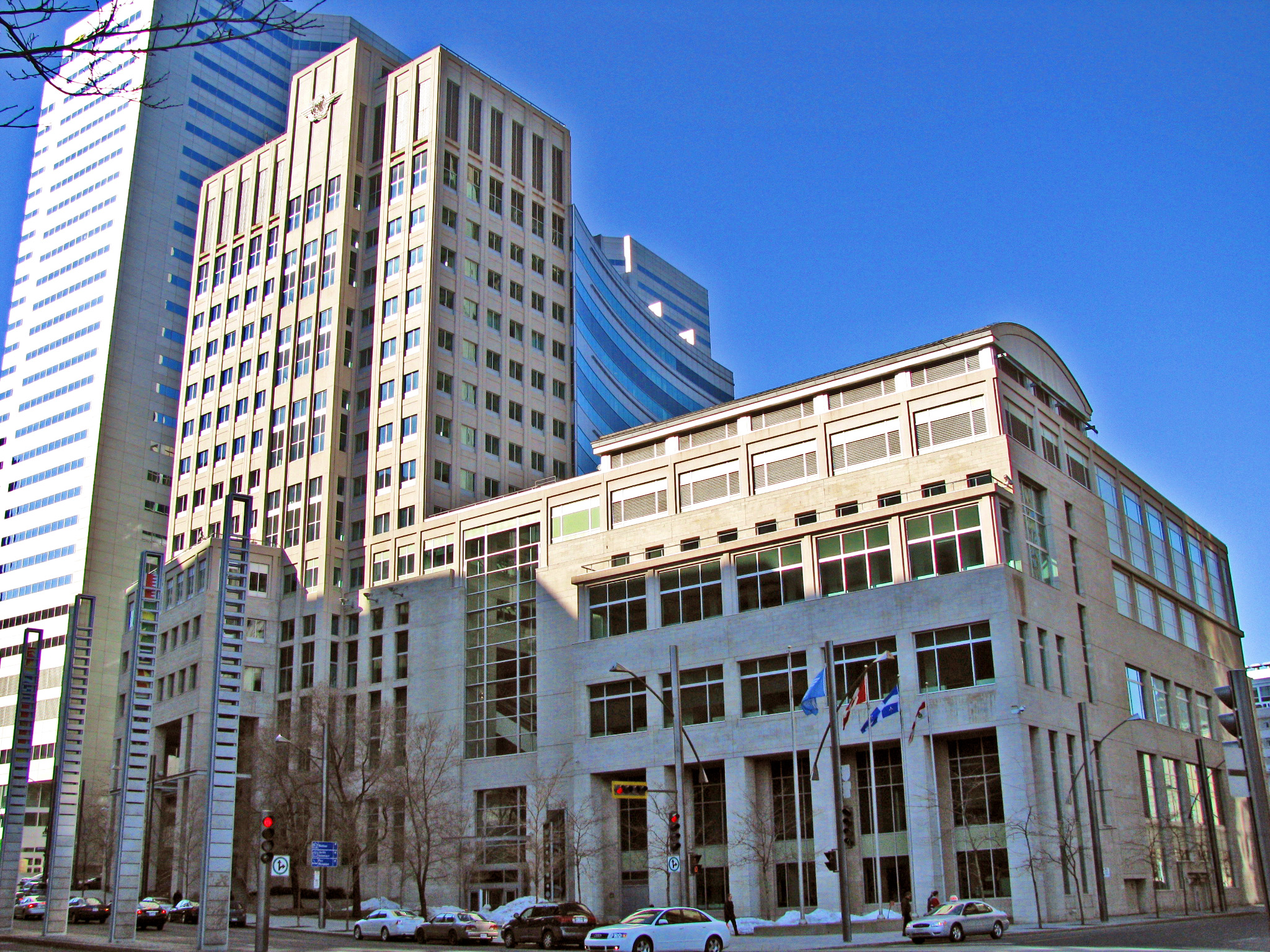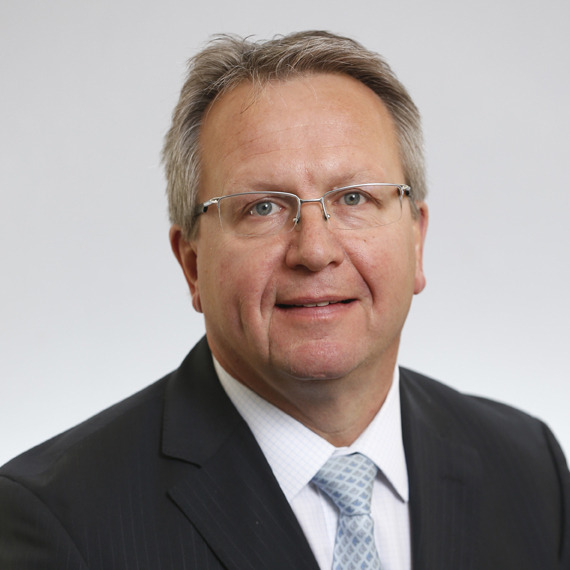Judging ATM performance – parable of the three brothers
Father Apan Skeye was a successful farmer with a lush plantation. He was a skilful builder of an irrigation system that brought water from the eastern river and greened a large swath of farmland. As a result, his harvest was always plentiful. Before he died, he divided his land into three plots, one each for his three sons.
The eldest son inherited the eastern most plot of land next to the water source and had a good harvest. Unbeknownst to him, the irrigation system was breaking down due to disrepair. Brother number two was given a plot in the middle and only had limited access to water which resulted in a meagre harvest. The youngest brother worked hard on his plot in the west, but the malfunctioning irrigation system condemned him to abject failure.
Many months passed before the three brothers overcame their mutual suspicion and rivalry and got together. Realising their folly, they agreed to rebuild the irrigation system and continually monitor its performance. Many bountiful harvests followed and were shared among the three brothers who each benefited more than before.
ATM is like the irrigation system, transparent but absolutely essential. It brings living water to our land without which we cannot have a good harvest. ATM is an international business that traverses a gridwork of boundaries fragmenting what should have been kept whole. From a simple utilitarian point of view, it makes good sense for regional ANSPs to work together to produce a bigger harvest for the benefit of a greater number of people.
While the idea is obvious, it is not always commonly practised. Among other reasons, there is no assurance that the sharing of the harvest will be fair and just. There can be alternative conclusions to the above parable other than the happily-ever-after. The eldest and second brothers could gang up and give the youngest brother only a tiny portion of the harvest. The parable could have ended with the eldest brother, through the leverage of irrigation, trumping the other two brothers to sell their plots at rock bottom prices.
For consideration of justice and fairness, we need to take a leaf from John Rawls’ book A Theory of Justice, one of the most influential works in political philosophy of the twentieth century. Rawls explores the question of how a society can be organised around fair principles of cooperation in a way the people would accept. Rawls recognises the reality that there will be unequal distribution of resources and outcomes. One of Rawls’ principles of justice is that in spite of the disparity of resources and outcomes, the least-advantaged should be made better off than they would be against all other options. In other words, a fair and stable system should make the worst-off among us as well-off as possible. He calls this maximin – maximise the minimum prospects.
In the context of regional ATM, all ANSPs including the least advantaged, should emerge from cross-border arrangements better off than before. ICAO’s No Country Left Behind initiative epitomises this ideal. The missing link in some regional ATM arrangements is the attention to the least advantaged ANSPs. The measure of how good and stable a regional cooperative arrangement is not the individual performance but both the collective and individual performance. This is the touchstone by which the region should judge itself.
The first concrete step towards the above abstract concept is awareness of how everyone is doing. Performance measurement through data analytics can provide such awareness. At the recent Asia Pacific CANSO CEO Committee meeting, there was a presentation urging the use of data analytics to better gauge the state of ATM. However, mutual trust is required for data and performance sharing to be effective.
Unlike other regions, the Asia Pacific will not have a regional legal framework that requires ANSPs to make data and performance transparent. The best hope is a common set of values. The region can evolve towards a consensus on equity, accountability, and transparency in regional ATM. The region’s multilateral aviation development will then be driven by a sense of covenant instead of laws. We need to recognise that our individual actions or lack of can affect one another, and either we hang together or we hang separately.
We are better off as our brother’s keeper.



